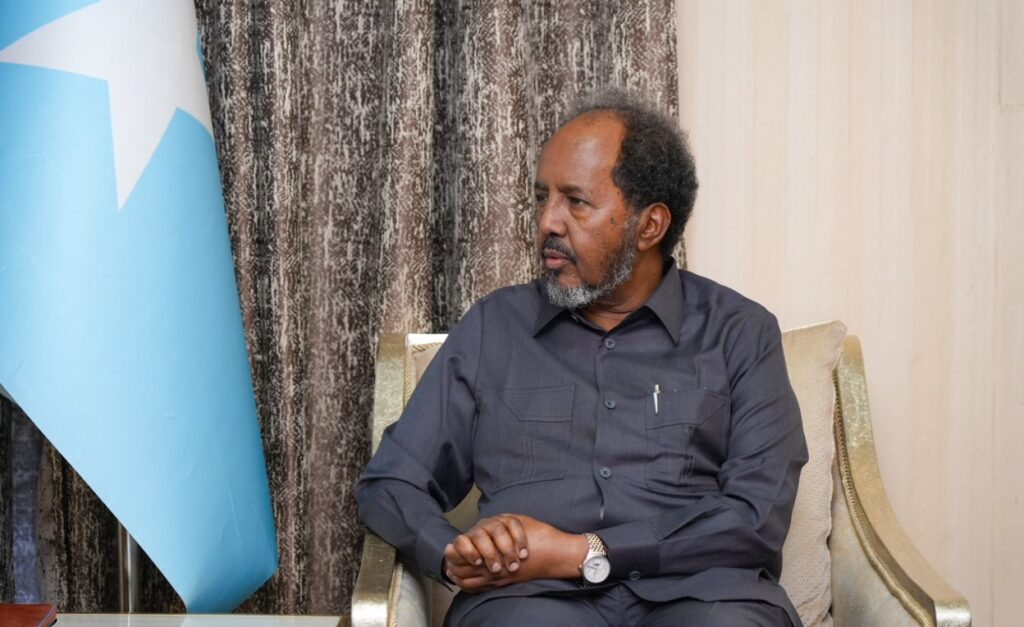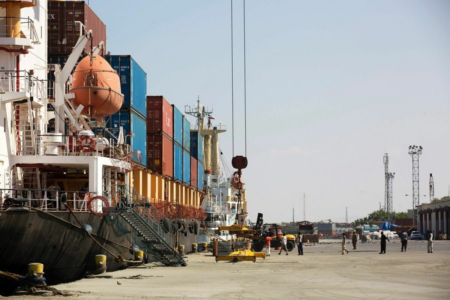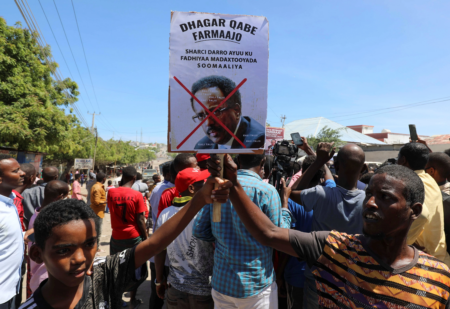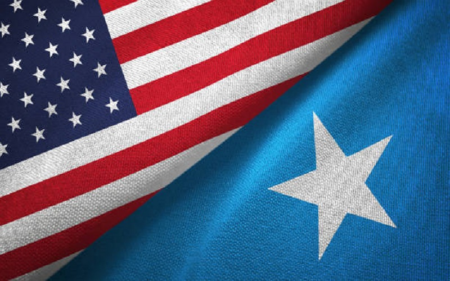Mogadishu’s move to dissolve key international coordination group raises fears of democratic backsliding and political isolation.
In a surprising and controversial decision, the Federal Government of Somalia has formally demanded the dissolution of the C6+ coordination group.
This group is a diplomatic bloc that includes the United States, United Kingdom, European Union, African Union, Ethiopia, and Kenya.
Why Somalia Demanded the Dissolution of C6+ Coordination Group?
The announcement, made by State Minister for Foreign Affairs Ali Omar, was framed as a sovereign decision to “move beyond outdated structures.”
But the move has shocked foreign diplomats, alarmed civil society groups, and raised red flags among Somalia’s political opposition.
“The C6+ is now an obsolete structure that no longer aligns with Somalia’s aspirations,” said Minister Ali Omar.
However, many analysts argue the decision is less about sovereignty and more about shielding the government from scrutiny during a politically sensitive time.

A Risky Political Gamble Before 2026 Elections
Somalia is approaching a pivotal national election in 2026, with unresolved questions over the long-promised shift to a one-person, one-vote electoral system.
President Hassan Sheikh Mohamud’s administration claims to support this democratic model.
But critics accuse the government of imposing reforms without consensus, sidelining opposition voices, and weakening institutional checks.
In this context, the C6+ Coordination Group has played a crucial role in mediating electoral disputes and encouraging dialogue during past crises—including the fraught 2021–2022 elections.
Its removal from the political equation has sparked concerns of democratic erosion.
“This isn’t reform—it’s retreat,” said one senior Somali opposition leader.
“By eliminating the C6+, the government is removing the last external mechanism ensuring transparency and balance.”
Is Sovereignty a Shield Against Accountability?
Supporters of Villa Somalia (the presidential office) argue that Somalia must take ownership of its governance and resist foreign influence.
But civil society activists argue that true sovereignty involves inclusive processes, transparency, and domestic legitimacy—not isolation.
“Sovereignty doesn’t justify exclusion,” said Hodan Ahmed, a democracy advocate based in Mogadishu.
“If the government genuinely respected the Somali people’s voice, it would welcome oversight—not shut it out.”
The timing of the government’s move—amid ongoing constitutional disputes and mounting pressure to ensure free and fair elections—has raised suspicions about its motives.
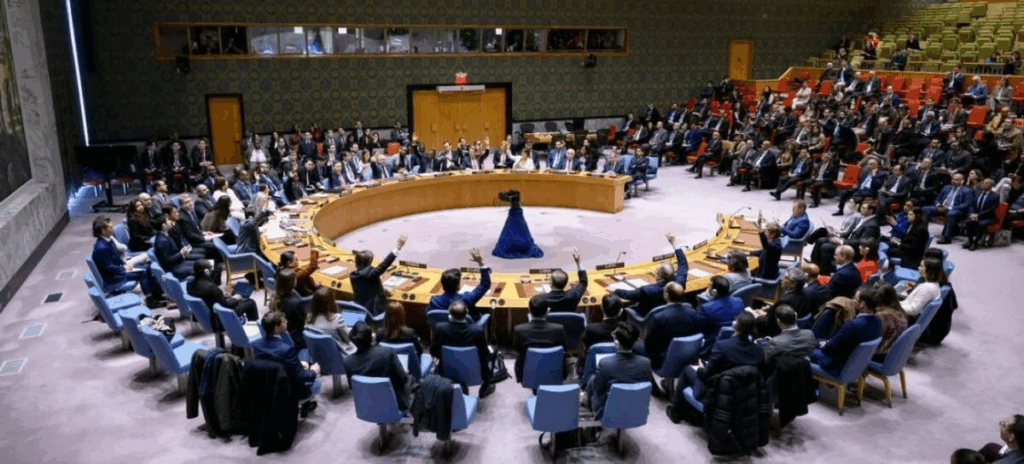
The Dissolution of C6+ Coordination Group Holds a Risk of Isolation
Somalia’s decision echoes a broader pattern of democratic regression in the Horn of Africa.
From Ethiopia’s shrinking civic space to Sudan’s ongoing conflict, regional trends show rising authoritarianism and weakened institutions.
Now, Somalia risks following suit—dismantling oversight mechanisms, centralizing power, and drifting further from international norms of democratic governance.
“Removing the C6+ Coordination Group is like pulling the fire alarm out of the wall while the building is still burning,” said a Western diplomat stationed in Nairobi.
What’s Next for Somalia and Its Partners?
With the C6+ Coordination Group sidelined, Somalia’s international partners face a tough choice: either step back and risk irrelevance, or re-engage through new channels that support local peacebuilders, civil society groups, and inclusive dialogue.
Meanwhile, domestic political actors must confront a critical question:
If the government can unilaterally dismantle international oversight today, who or what might it sideline tomorrow?
This is more than a diplomatic dispute—it’s a test of Somalia’s democratic future.




